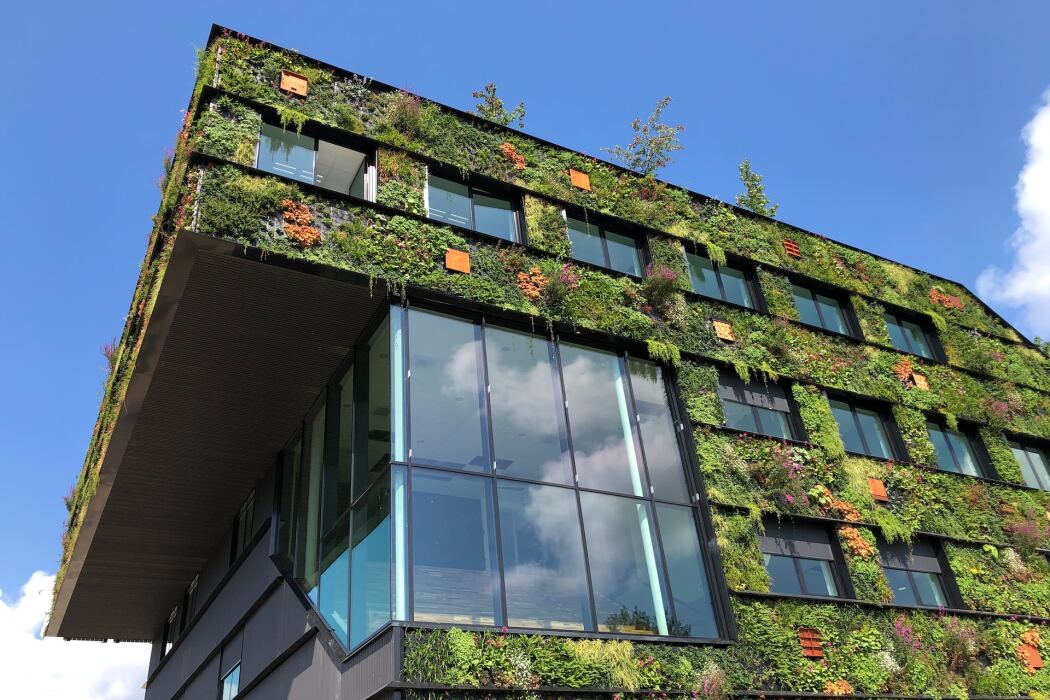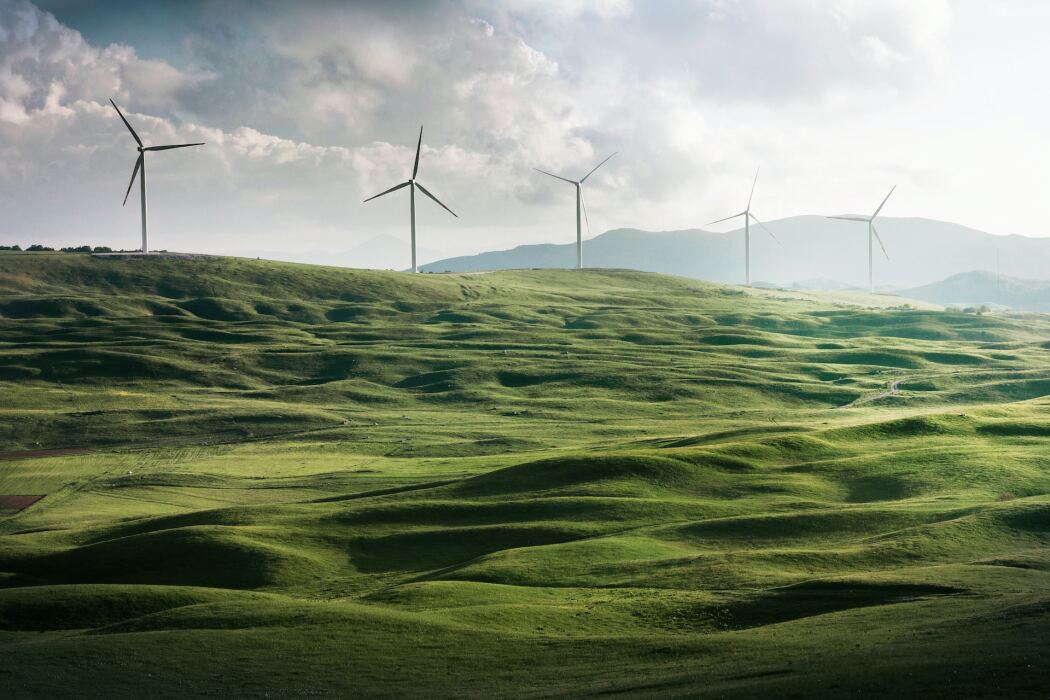Sustainability as a lever for economic development
Sustainability
Neologism refers to a newly incorporated word in a language, used to designate a new object or concept that previously did not exist. Some of these words are circumstantial, while others signify shifts in the social, cultural, and economic paradigms of the world around us. Recalling history, words linked to concepts such as suffrage or capitalism have represented new ways of organizing human activity around society.
Sustainability is an economic, social, and ecological concept aimed at organizing human activity in a way that meets current needs without compromising the ability of future generations, ensuring a balance between economic growth, environmental care, and social well-being. Although not a new concept, and certainly not circumstantial, sustainability has not been structured until now as a key element within an economic mechanism that perceived sustainability more as a cost factor than as a synergistic system for growth. However, every paradigm has its turning point, and this transition is currently in the process of consolidation. Two phenomena mark the magnitude of this commitment at the European level.
On one hand, the European Green Deal, established since the end of 2019, sets a new roadmap for the EU's sustainable economy. The main goal is to make Europe climate-neutral by 2050 through the promotion of green technology, the creation of sustainable industry and transport, and the reduction of pollution. More recently, the European Union has allocated an unprecedented funding package of over €2.024 billion to repair the damages caused by Covid-19 and to transform the economy. This Recovery Plan will concentrate a significant part of the planned investments in supporting investments in the ecological and digital transitions of the different EU member countries. As the European Union is the leading international institution to adopt such an explicit commitment, reality shows that, in parallel, other international institutions are also gradually but unequivocally migrating their economic systems towards the integration of climate neutrality. Under these premises, sustainability finally integrates into the economic phenomenon, just as capitalism did decades ago. In the coming years, it will become evident to talk about a sustainable economy without implicitly using the word sustainable, just as we predominantly refer to a capitalist economy when thinking about the economy concept.
How this reality will be implemented in the business fabric is still an unknown. However, it is evident that those who adapt their systems earlier will enjoy competitive advantages and secure their continuity. For example, the financial and insurance sectors are already incorporating plans that define the climatic, environmental, and social risks of their assets. To guarantee competitive investments, credits, and insurances, different economic actors must start establishing mechanisms to identify current and future risks. Mechanisms based on Corporate Social Responsibility, Climate Risk Analysis, Carbon Footprint Calculation, Non-Financial Information Reporting, and Climate Governance are some of the tools on which opportunities to position themselves competitively in the next decade will pivot. It remains to be seen how access to all the planned investments in the European context will be structured, but these tools can serve as a starting point to identify projects that are subject to direct financing through the Recovery Plans expected in the coming years.
Sustainability has come to stay, not as a complementary cost associated with economic activity, but as a lever for change and economic development. This paradigm shift is already becoming visible. Until now, the departments that centered on processes related to sustainability and climate change were technical departments, but marketing departments have now been incorporated, and soon we will see financial and strategic management structures participating in these processes.







